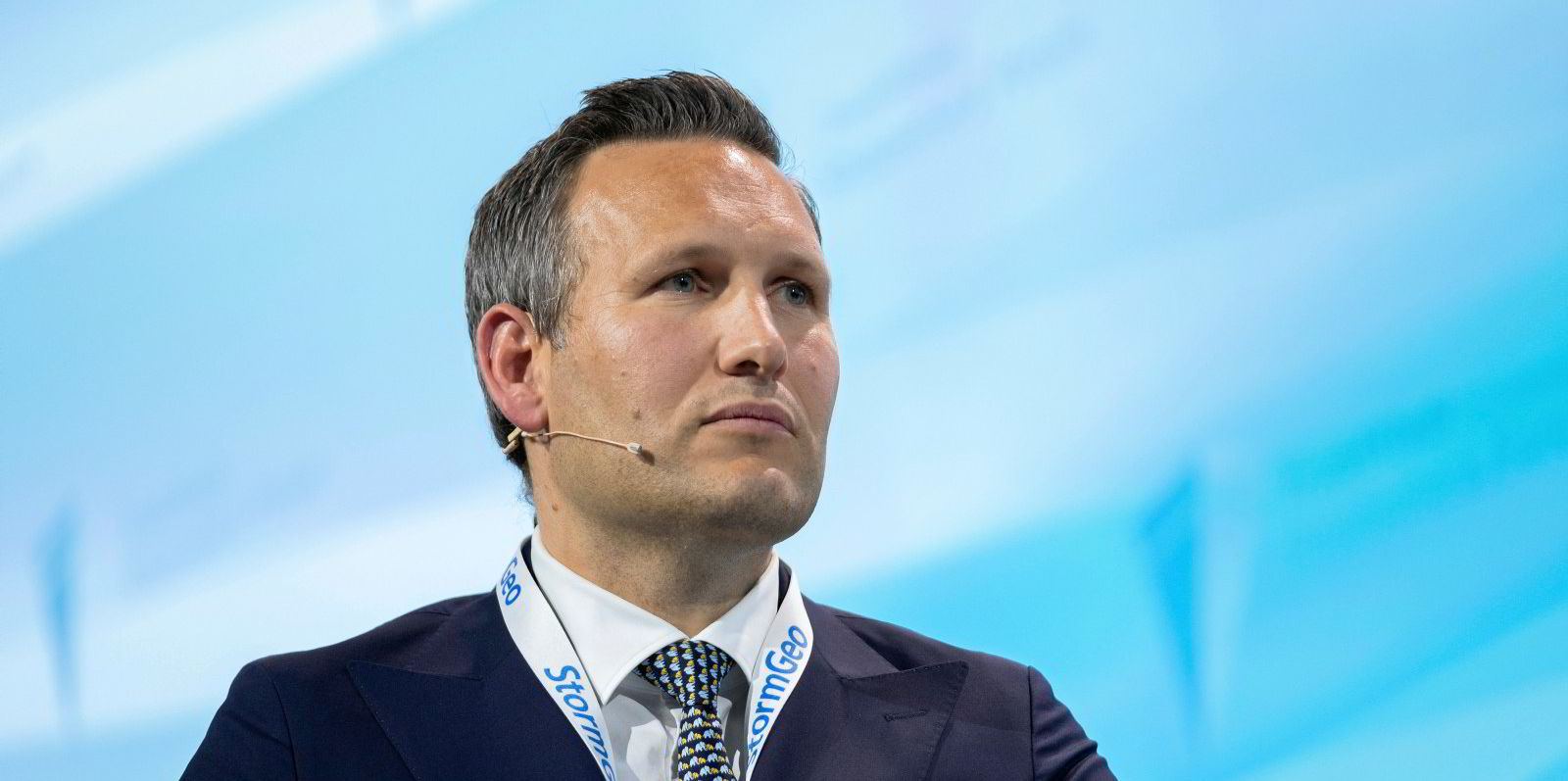Which shipowners feeling the most heat from charterers to decarbonise?
It might be those in the tiny car carrier segment.
Speaking on a panel at Marine Money Week in New York on Thursday, ABG Sundal Collier analyst Petter Haugen said automakers are looking to cut as much carbon as possible, including the carbon spent getting their products to end users.
“Of all shipping segments, the most plausible customer pressure is probably coming in the car industry,” Haugen said.
“For the car manufacturers, it seems to be more important [to say] to their clients, we deliver carbon if not free, at least less carbon intensive, transportation and the final product which is the electric car.
“All in all there is pressure from banks, there is pressure from the investor side, but in the car carrier segment there is ... pressure from Volkswagen, as well.”
Efforts like the Sea Cargo Charter and Poseidon Principles show charterers and banks are willing to document the carbon footprint of the ships they are involved with, lending credence to the idea that shipping's decarbonisation efforts will be helped along by outside stakeholders under pressure to cut emissions.
Unlike tankers or bulk carriers, car carriers are transporting cargo more easily traceable by both consumers and automakers, said Gram Car Carriers chief executive Georg Whist.
“It’s very easy to trace and all the car manufacturers want to know the carbon footprint,” he said.
“The point is, they want to know and they want us to lower it so then they need to buy fewer carbon credits.”
Liberty Global Logistics executive vice president Josh Shapiro said the spot market for car carriers was less about long-term thinking on issues like decarbonisation and more about capacity control in a market where rates are very high.
“But all of our customers themselves producing new vehicles are going to be electric. That's where we're being encouraged to have a decarbonisation journey,” he said.
“The spot market needs are actually about moving products in the supply chain.”






